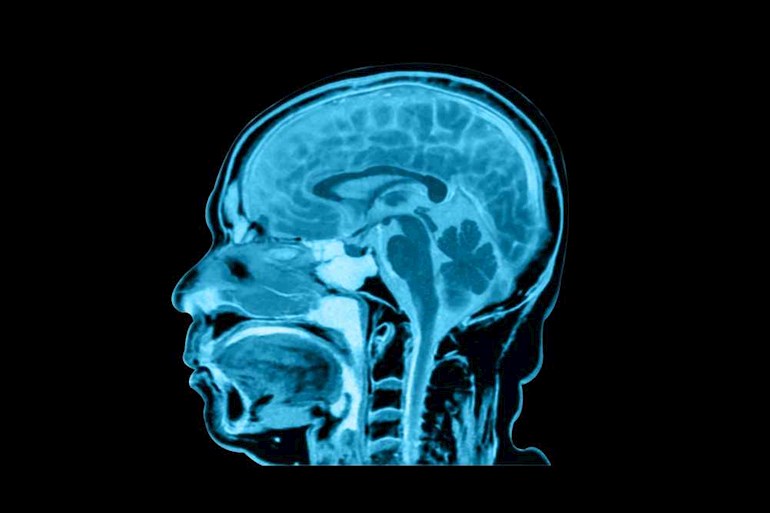"Doctors often delay prescribing levodopa, or L-dopa, to Parkinson's patients for fear that the drug might have toxic effects that produce jerky involuntary body movements over time.
"But patients started on L-dopa nearly a year earlier than a second group did not develop significantly different rates of involuntary movement, results from the new trial show.
"'The current study bolsters our confidence that levodopa is safe even in early Parkinson's disease and that patients should not fear it,' said Dr. Michael Okun.
"There's disappointment here as well. While levodopa isn't toxic, it also doesn't appear to provide any protection against progression of Parkinson's in the brain, said Dr. Susan Bressman.
"'The theory is if you get those extra 40 weeks of exposure to levodopa and it's neuroprotective, the earlier group will be in a better place and the late group will never catch up,' Bressman said. 'They'll always be a little worse because the first group got more of this neuroprotective effect.'
"But both groups wound up in the same place by week 80 of the trial, with essentially the same rate of disease progression, the Dutch researchers found. The drug didn't provide people in the earlier group any extra protection.
"At the same time, neither group suffered greater rates of jerky movements or levodopa-related fluctuations in motor response, discounting concerns over toxic effects."
Article: usnews.com/news/health-news...
